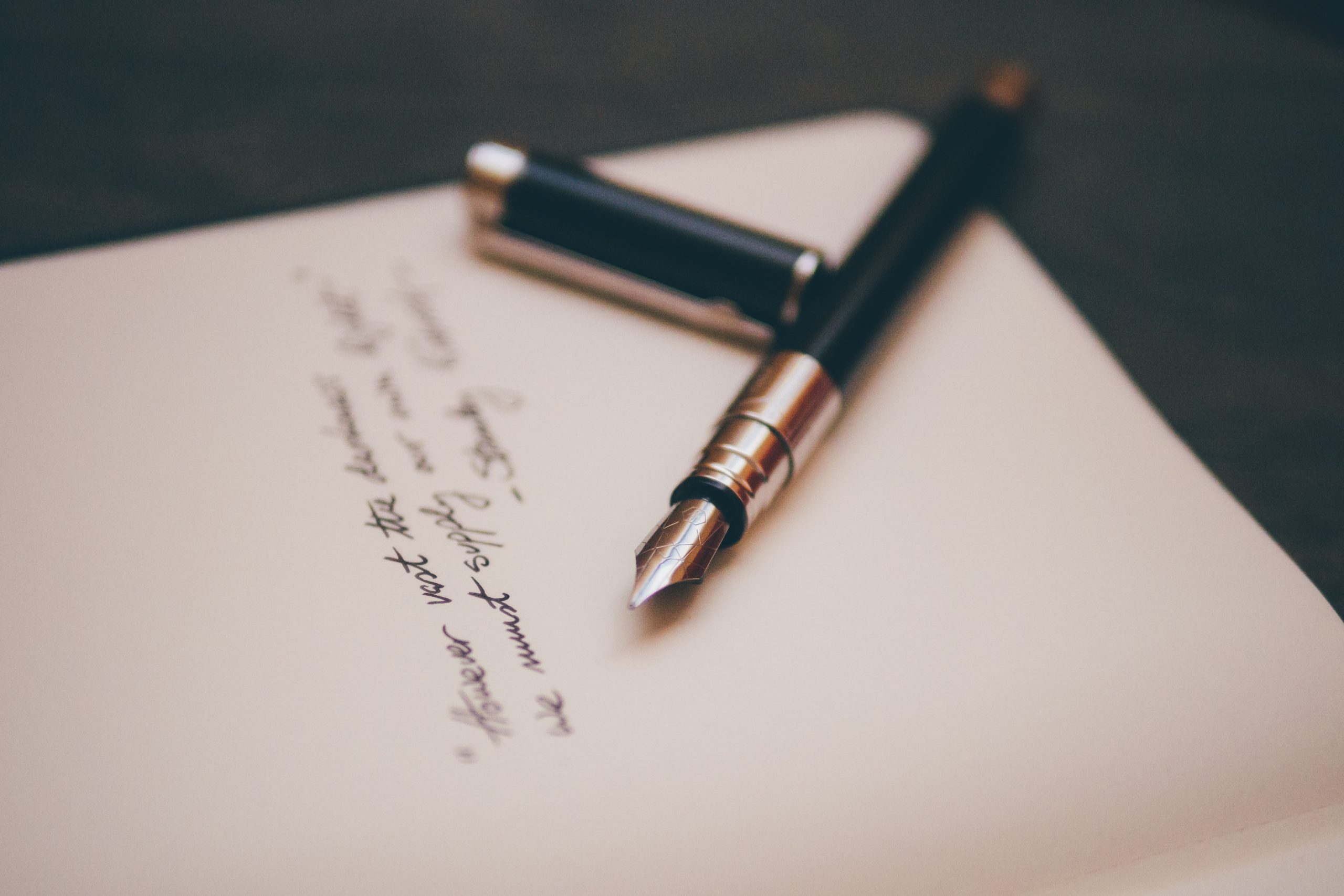Craft
How to Write a Query Letter
A practical guide to getting literary agents interested in your book

When submitting to an agent or editor, you will need a query letter. The purpose of a query letter is to briefly introduce yourself and your work to the editor or agent, with the hope they’ll be intrigued enough to want to read more.
Here is a rather typical method I’ve used. Most query letters contain three or four paragraphs, and you’ll want to keep it to no more than a page, single spaced. [Please note: I’ve inserted additional comments in brackets.]
First Paragraph
There are one of two ways to approach the first paragraph. You can keep it simple by stating the name of your work, the genre, and why you are querying this particular agent or editor. For example, here is what I used for How to Survive Death and Other Inconveniences.
Dear _, [and be sure to include the name of a specific editor or agent, spelled correctly]
Thank you for taking the time to talk with me about How to Survive Death and Other Inconveniences at the recent AWP conference. My hope is that you’ll find it to be a good fit for the University of Nebraska Press’s American Lives Series.
Or if you don’t have a personal connection with an agent or editor, you can simply begin by saying, “I am querying you because_.” [Study the website of each editor or agent. Determine what you think they’re looking for and include that here. In other words, do they seem interested in books on the same topic as yours?]
Other opening paragraphs can have more of what’s called a “hook,” or what I call a “seduction.” Here is one I found on the Agent Query website for the nonfiction book Into Thin Air: A Personal Account of the Mt. Everest Disaster by Jon Krakauer.
On assignment for Outside Magazine to report on the growing commercialization of the mountain, Krakauer, an accomplished climber, went to the Himalayas as a client of Rob Hall, the most respected high-altitude guide in the world, and barely made it back alive from the deadliest season in the history of Everest.
I could have used more of a hook or a seduction for How to Survive Death and Other Inconveniences by saying something like “Don’t want to die? Read this book!” And I might have used some thing like that if I’d queried an agent since New York publishing is more “into” eye-catching taglines than university presses. Which is to say you need to tailor your query to the audience—the agent, editor, or publisher—you’re contacting.
Second Paragraph
The second paragraph of your query letter is a mini-synopsis of the book and should be under two hundred words. In it you want to introduce yourself as narrator (that is, not the “real” you but the “you” on the page) and address the major conflict or the nature of the narrator’s journey. You can also include the types of obstacles standing in the way of a successfully completed quest.
Here is the mini-synopsis I wrote for How to Survive Death and Other Inconveniences.
In this book of thematically linked essays, the narrator explores the taboo subject of death. While several pieces use gallows humor as a way to deflect, Silverman also directly confronts her fears of the ultimate unknown. Her fear stems in part from a sexual assault she hid for years. This experience attests to a fact many women know all too well, that death and sex are intimately tied—not in some philosophical way but in everyday life. As this baby boomer grows, from childhood to adulthood, she explores other origins surrounding her fear of death—as well as her goal of surviving it. Her quest is, by turns, realistic and fantastical, worldly and other-worldly. The odyssey begins with the narrator dubbing herself “Miss Route 17,” while cruising New Jersey’s industrial-strength landscape. Along the way, she survives everything from a piano teacher who stifles her natural talent to a faux heart attack to various maladies that afflict us as we age. Her more internal journey to live forever finds the narrator hoarding memories as well as archaic words, which she uses as talismans against the darkness, overcoming and transforming death through language, memory, and metaphor.
You will be able to find many other examples on the web. See, for example, the Agent Query website.
Third Paragraph
The third paragraph focuses on your biographical information. Keep it short and related only to your writing credentials, such as journals in which you’ve published, awards you’ve won, where you received a degree, with whom you studied, and such. Here you can also mention any expertise in the area in which you’re writing, if appropriate.
Fourth Paragraph
In the final paragraph, thank the agent or editor for their time and consideration. If, on their website, they’ve asked, say, to include the first ten pages of your manuscript, mention that you’ve done so. Some agents or editors also want to see an attached proposal. Be sure to read all the guidelines carefully. Some are even very specific about what you should include in the “subject” line of the email.
That’s it. Submit. You can’t get published if you don’t try.
Excerpted from Acetylene Torch Songs. Copyright © 2024, Sue William Silverman. Reproduced by permission of The University of Nebraska Press. All rights reserved.








